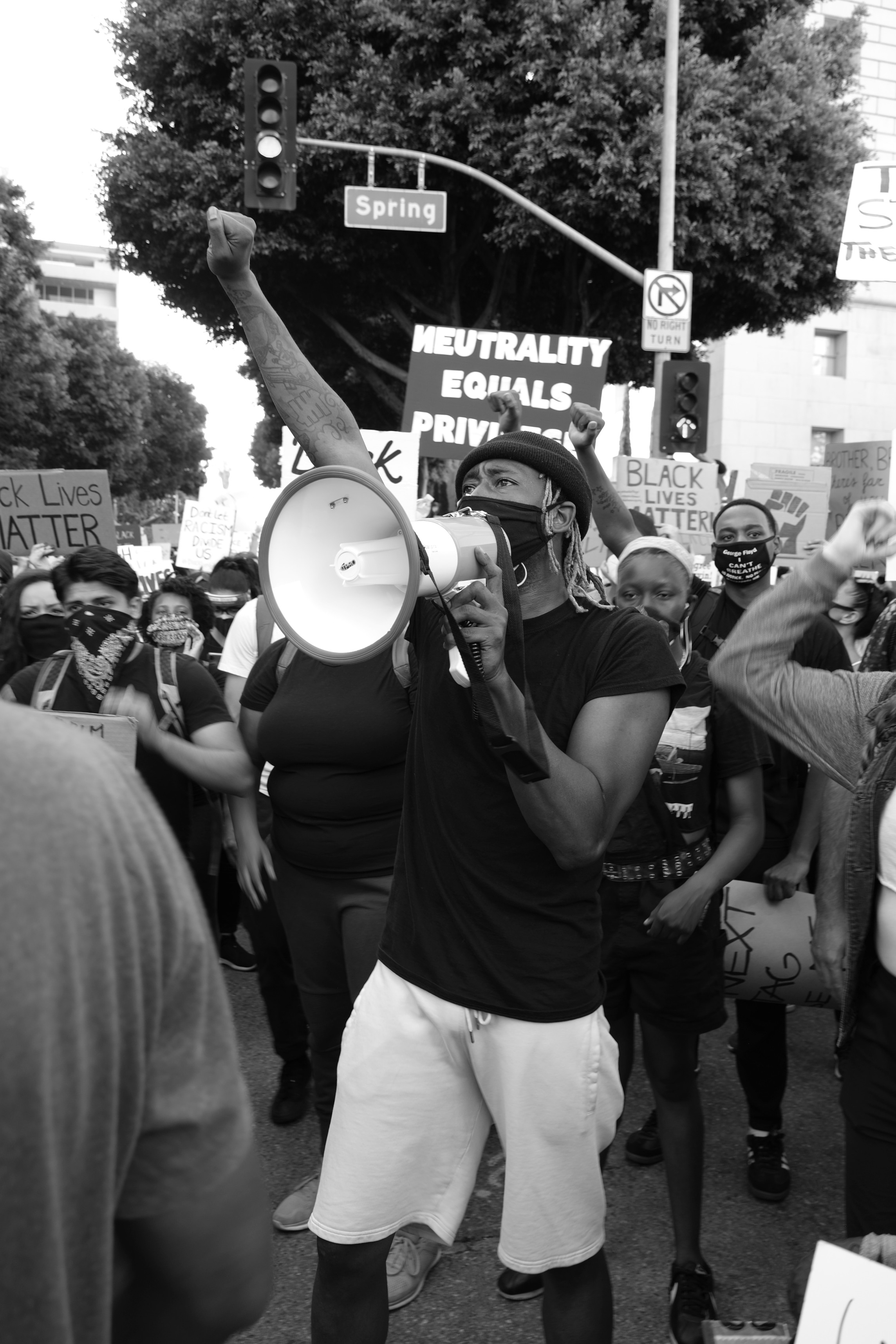Protests have always been a powerful means for driving political change in African nations, but their potential for promoting economic progress is often overlooked. In many cases, protests have been used to demand better wages, working conditions, and benefits for workers. However, their impact goes beyond labor rights. In the current context, protests are being used to highlight economic inequalities and injustices that exist in many nations. By shining a light on issues, protests pressure the governments and companies to take steps to address them, leading to improvements in the lives of workers and their families. This can be particularly effective in demanding greater economic opportunities for marginalized communities.
Protests can also promote specific economic policies or reforms. They can demand greater investment in infrastructure and systems, which can facilitate economic growth and development. Additionally, protests can demand changes to trade policies, such as reducing tariffs or promoting fair trade practices, which can help to promote greater economic opportunities and improve living standards for people in African nations. However, not all forms of protest are equally effective. Peaceful protests that are well-organized and focused on specific issues tend to be more effective than violent or chaotic protests. Protests that can build coalitions across different social groups and political parties may also be more effective in bringing about change.
It is also important to recognize that protests must be accompanied by other forms of activism and advocacy to have a lasting impact on economic progress in African nations. Engaging with policymakers, supporting independent media, and building civil society organizations that can continue to advocate for change over the long term are crucial steps.
However, protests that resort to violence risk having their cause discredited and having their supporters regard them as irrational. Do violent demonstrators alienate the public and give more credence to their opponents? As a generation, we have a hard time figuring out if widespread demonstrations could escalate into a real catastrophe. People's opinions of protesters who resort to violence tend to be negative because they are generally viewed as being extremely unreasonable and strongly opposed. An intriguing disparity exists between the likely effects of violent demonstrations and the likely outcomes for demonstrators who resort to violence.
As earlier mentioned, protests can be a catalyst for driving economic progress in African nations. They can bring attention to economic injustices, promote specific policies and reforms, and demand greater economic opportunities for marginalized communities. However, the effectiveness of protests depends on their tactics and strategies, and they must be accompanied by other forms of activism and advocacy to achieve sustainable change.
If we as Gen Z are passionate about driving economic progress in the world, we should consider using protests as a tool for change. We can adopt peaceful protests, focused, and well-organized, and to supplement them with other forms of activism and advocacy. Together, we can create a brighter future.


Login to join the discussion